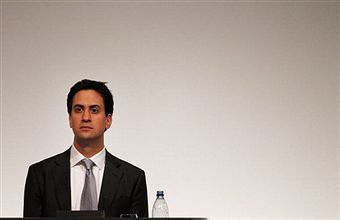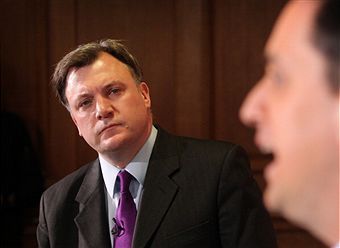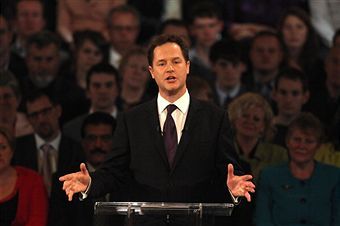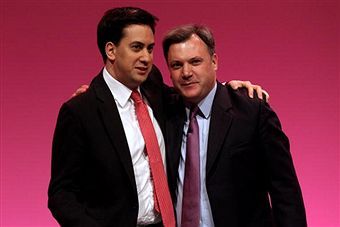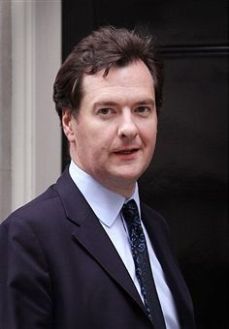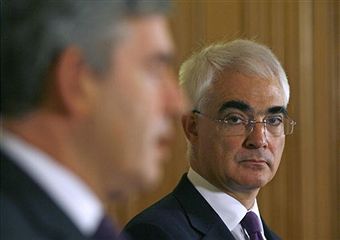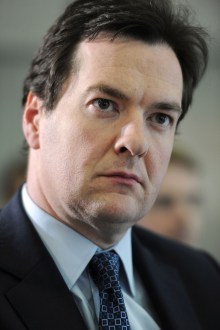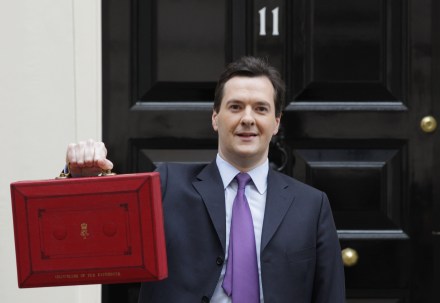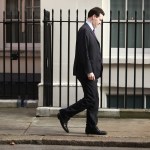Miliband: cuts are okay now
I’ve just caught up with Ed Miliband on Marr this morning (transcript here) and his aim seemed to be burying Ed Balls’ complaint about cuts being too fast and too deep. In its place, he called for more growth. Here’s my take on his interview: 1) He doesn’t complain about cuts. “The basic message is this: we’ve got to cut the deficit, but the best and most important way of doing that is to grow our economy… A year ago there was a contested argument whether the government strategy should work. It’s not working.” You don’t hear him talk about Ed Balls’ “too hard, too fast” cuts, just a reference
